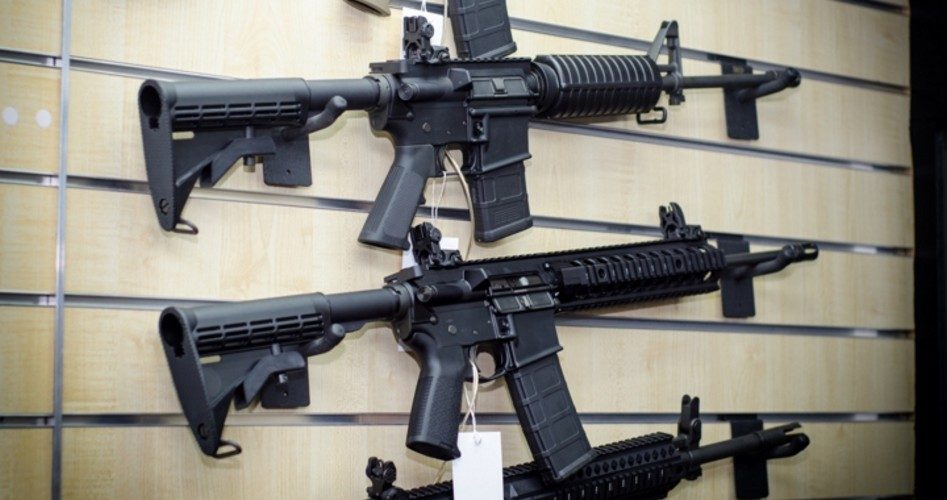
Given the opportunity presenting itself in the form of the coronavirus shutdown, many anti-gun states shut down gun stores and manufacturers as being “non-essential.” On Saturday, the Trump administration revised its own list of “essential” businesses deemed important to the safety and security of the Republic and the list now includes gun stores and gun manufacturers.
The Cybersecurity and Infrastructure Security Agency (CISA) is the agency responsible for executing directives by the Department of Homeland Security. In its revised memo, released on Saturday, it said that CISA “has developed … an ‘Essential Critical Infrastructure Workforce’ advisory list. This list is intended to help State, local, tribal and territorial officials as they work to protect their communities.”
Under the “Law Enforcement, Public Safety, and Other First Responders” section is now included “workers supporting the operation of firearm or ammunition product manufacturers, retailers, importers, distributors, and shooting ranges.”
Naturally, anti-gun outfits such as the Brady Campaign decried the revision. Kris Brown, its president, called the move “contemptible”: “This is a contemptible and exploitive move by the gun lobby to put industry profits over public safety. There is no constitutional right to immediately buy or sell guns, and there is certainly no right to spread coronavirus while buying or selling guns.”
At least two anti-gun states have reversed their policies to align them with the federal list. California, New Jersey, New York, and Pennsylvania initially didn’t consider gun stores as “essential” to the safety and security of their states. On Monday, New Jersey Democratic Governor Phil Murphy announced the reversal, saying that gun stores would now be allowed to operate, but only by appointment and with limited hours.
In Pennsylvania, Democratic Governor Tom Wolf also is now allowing gun stores to operate but with new “social-distancing” rules in place.
The danger remains, however, in other states that persist in denying citizens the freedom to purchase firearms and ammunition during the shutdown. As Steven Halbrook, an attorney who has argued several Second Amendment cases before the Supreme Court, noted, “Americans should be mindful of the dangers of ‘emergency’ decrees. History tells us that government diktats in response to man-made or natural disasters often lead to unprecedented restrictions on individual liberty that last long after the disasters are forgotten.”
Image: artas via iStock / Getty Images Plus
An Ivy League graduate and former investment advisor, Bob is a regular contributor to The New American, writing primarily on economics and politics. He can be reached at [email protected].



